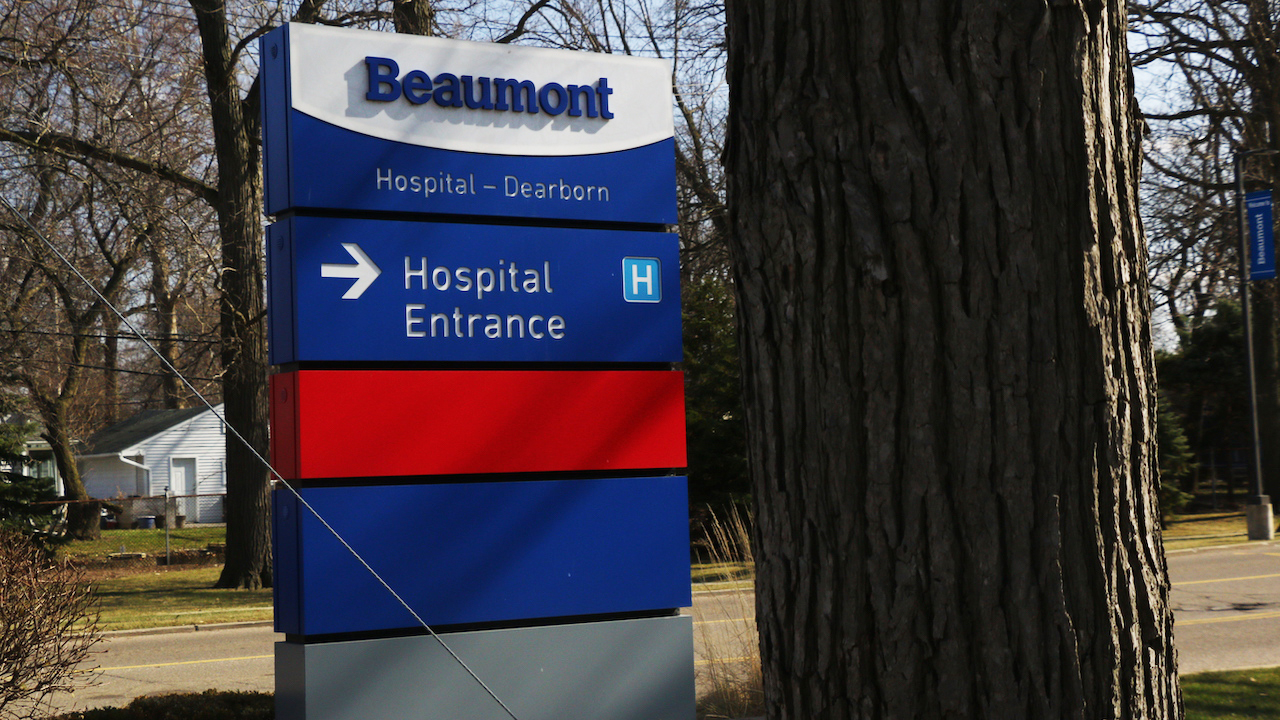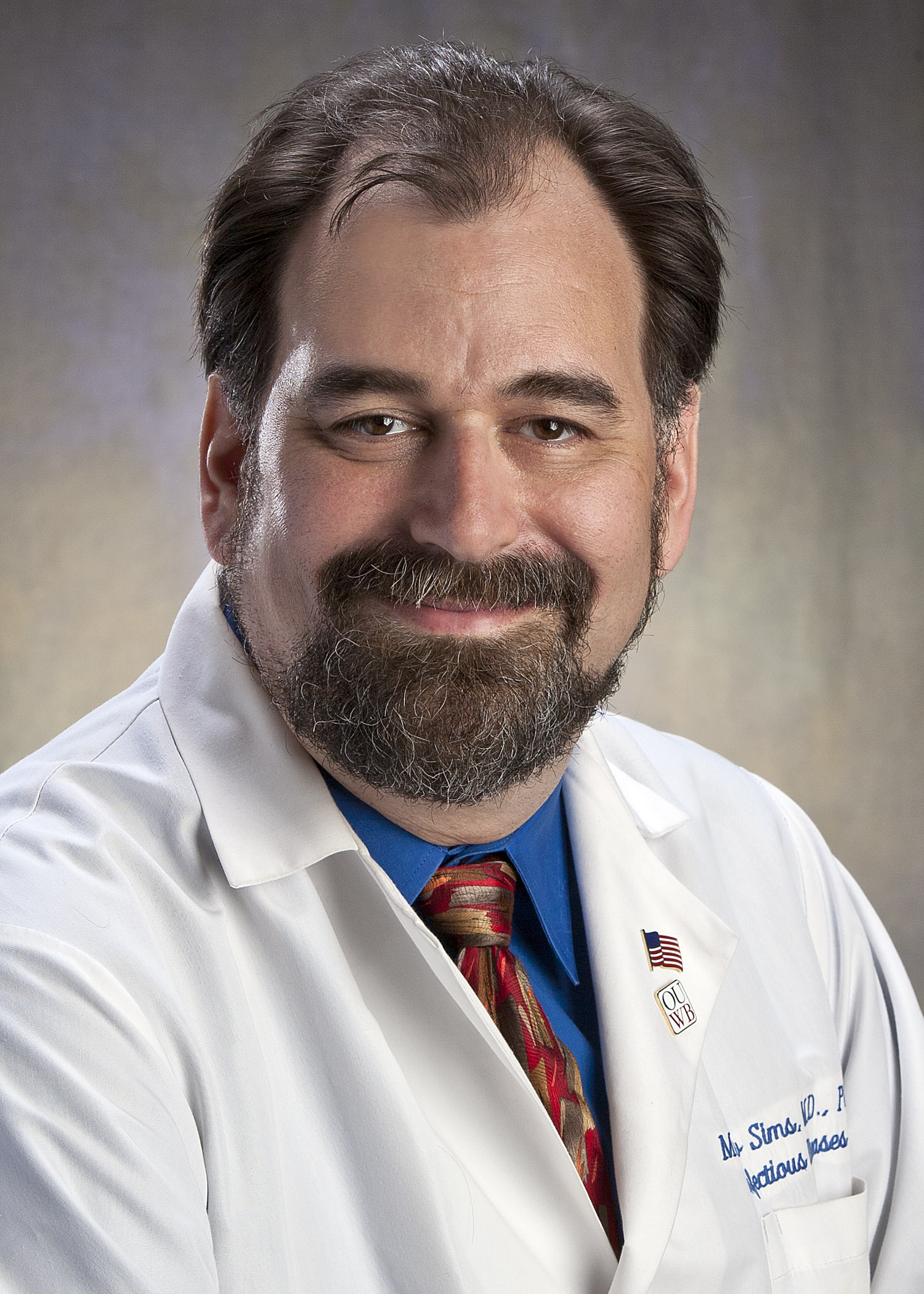Beaumont Studies COVID-19 Antibodies as Possible Treatment
Antibodies could protect people who have recovered from being reinfected, and lead to a possible vaccine.

Beaumont Health has treated hundreds of COVID-19 patients since March 1, 2020, and tested thousands more. Its employees and affiliates have been on the front lines in the fight against the disease. Now, they’re being recruited for a study that could lead to a possible treatment.
“We need to prove that the presence of antibodies prevents people from getting an infection.” — Matthew Sims, M.D.
Researchers will test Beaumont staff to see if their blood contains COVID-19 antibodies that the body creates to fight infection. In many other infectious diseases, antibodies offer immunity against reinfection.
Dr. Matthew Sims, Beaumont’s director of infectious diseases research, says he believes the same could be true of COVID-19.
Click on the player to hear Dr. Matthew Sims, Beaumont’s infectious disease expert, on the COVID-19 antibody study.
“A lot of us think it’s true,” Sims says. “I think it’s true. But we don’t know that it’s true. And the way that you test people is for antibodies.”

Antibodies could be used to treat other people who are infected. Doctors are already using plasma from recovered COVID-19 patients to treat others with the disease. Those with a high number of antibodies could be suitable plasma donors.
Dr. Sims also says if the study shows that COVID-19 antibodies are protective, then people who’ve recovered should be able to go back to work with little risk of reinfection or spreading the disease to others. The results could also lead to the development of a vaccine against COVID-19.
“If you’re vaccinated against chickenpox, and you work in a day care, it’s probably OK for you to enter a room where somebody had chickenpox,” Sims says. “Whereas, if you’ve never had it and never received the vaccine, and you don’t have the antibodies, there’s a good chance you’re going to catch it.”
How long the vaccine lasts depends on how long antibodies protect someone.
“If the natural antibody lasts, say, a year, chances are the vaccine will only last a year, and that means you’re going to need booster shots every season,” Sims says.
Participation in the serological study is voluntary, and open to Beaumont’s 38,000 employees as well as the health systems affiliates and patients.
“We’re collecting information about whether they’ve been diagnosed with it, what their exposure risks are,” Sims says. “We’re going to correlate all that data to get a view of just how this infection is spreading through the healthcare community.”
After the initial results from Beaumont patients and staff come back, Sims says the testing capability will be shared with other health systems.
Trusted, accurate, up-to-date
WDET is here to keep you informed on essential information, news and resources related to COVID-19.
This is a stressful, insecure time for many. So it’s more important than ever for you, our listeners and readers, who are able to donate to keep supporting WDET’s mission. Please make a gift today.
